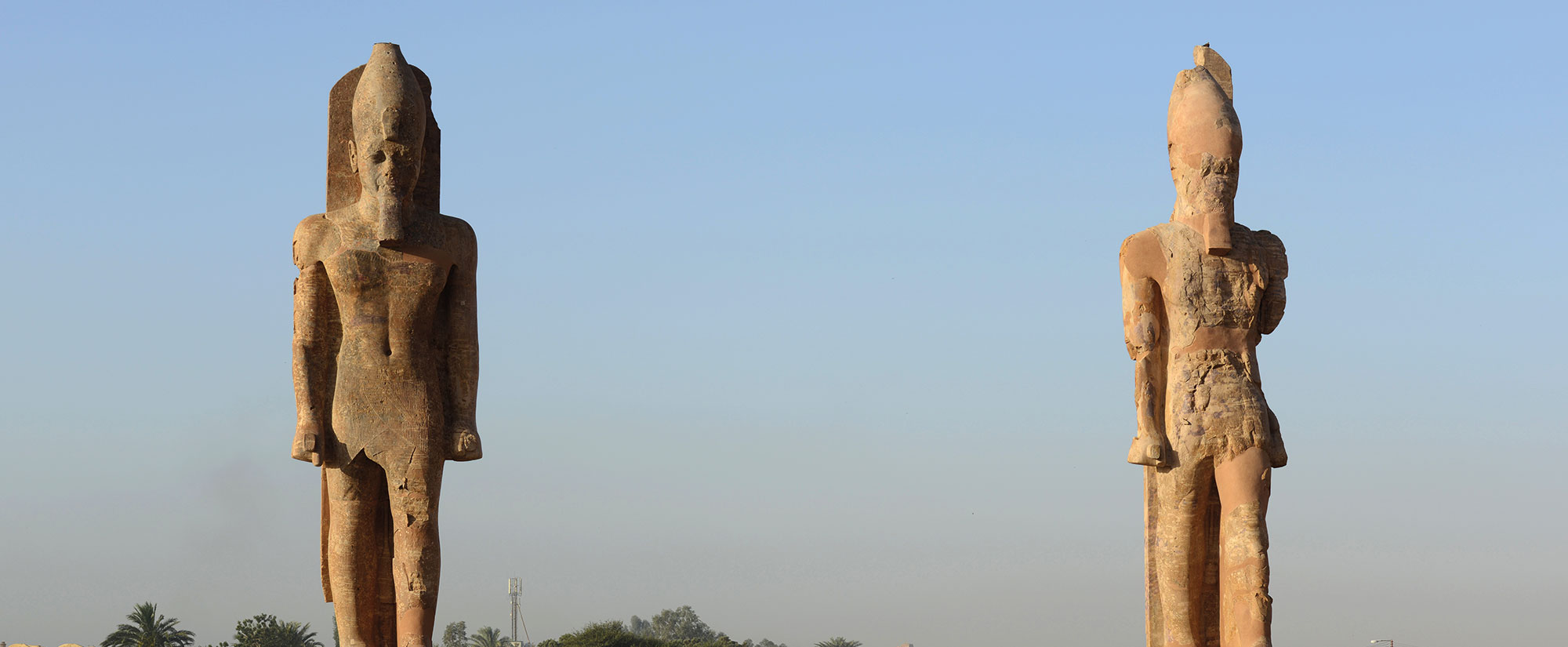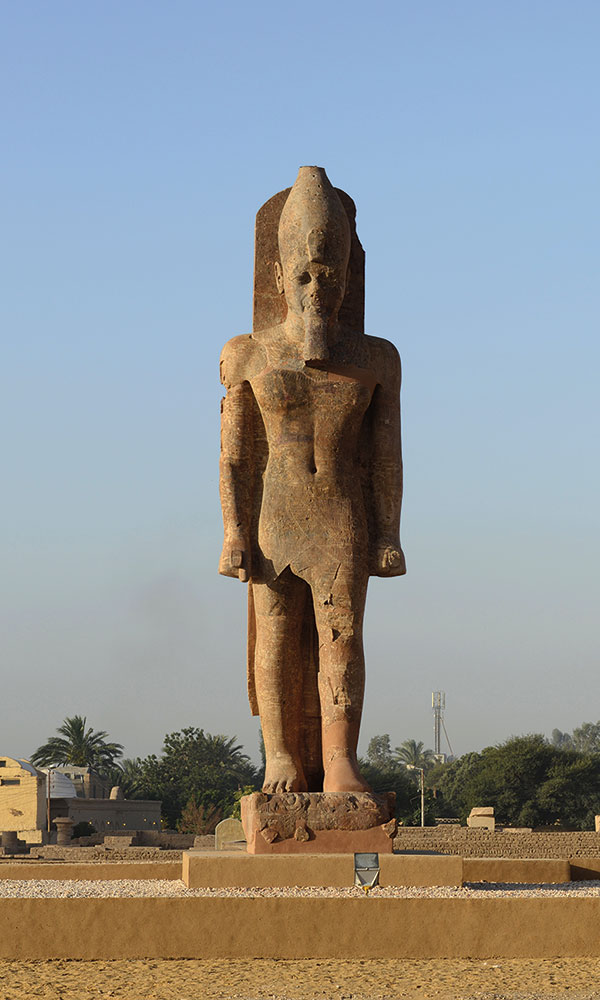HAMILTON, NEW YORK—The Associated Press reports that Colgate University has returned more than 1,500 objects to the Oneida Indian Nation in a ceremony at the school, which is located on the Oneida’s ancestral territory. The items, including pendants, pots, bells, turtle shell rattles, beads, knives, harpoons, and a stone pipe, were purchased in 1959 from a collector who dug them up in upstate New York, and housed in the university’s Longyear Museum of Anthropology. The university began the process of transferring human remains and funerary objects to the Oneida in 1995 under the Native American Graves Protection and Repatriation Act. “It’s making things right again. It’s correcting a wrong,” commented Oneida Indian Nation Representative Ray Halbritter. To read about sites in upstate New York that preserve traces of the French and Indian War, go to "Letter from Lake George: Exploring the Great Warpath."
Objects Repatriated to Oneida Indian Nation
News November 10, 2022
Recommended Articles
Off the Grid May/June 2025
Bulow Plantation Ruins, Florida
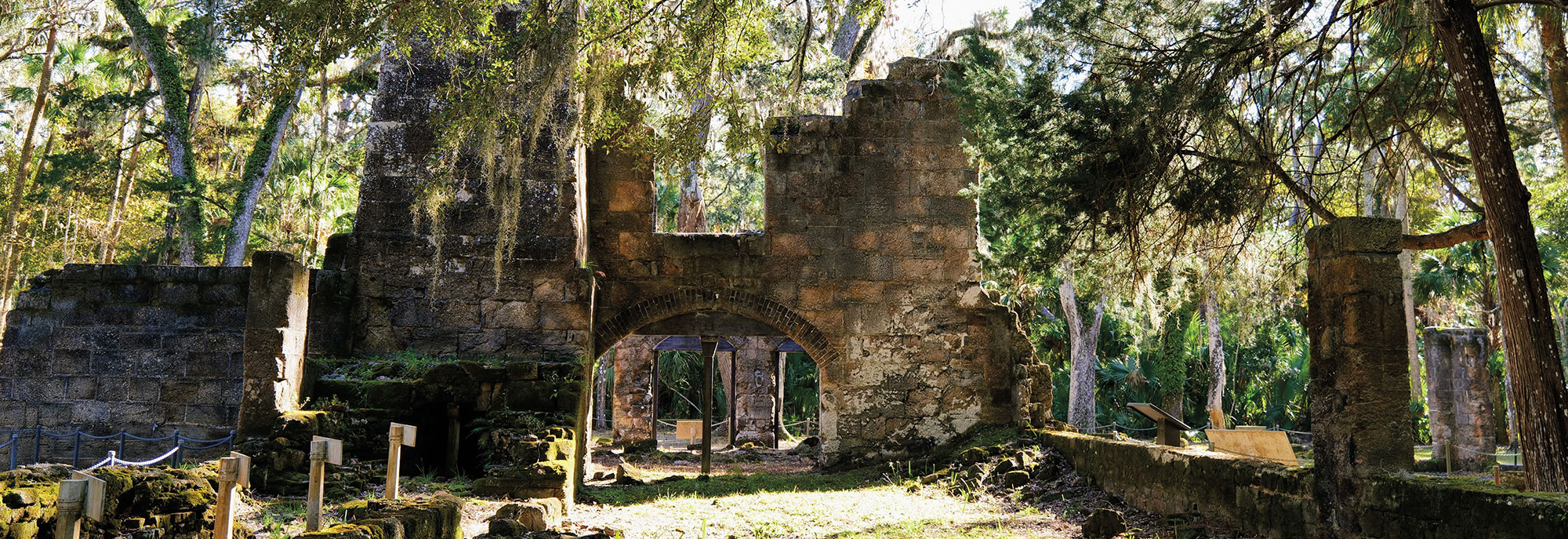
Features May/June 2025
Lost City of the Samurai
Archaeologists rediscover Ichijodani, a formidable stronghold that flourished amid medieval Japan’s brutal power struggles

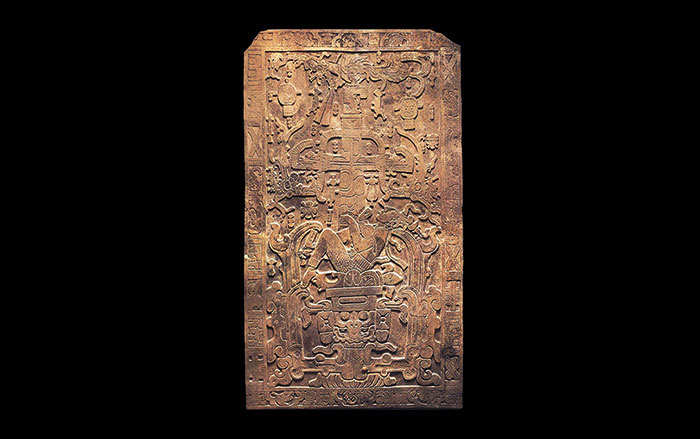
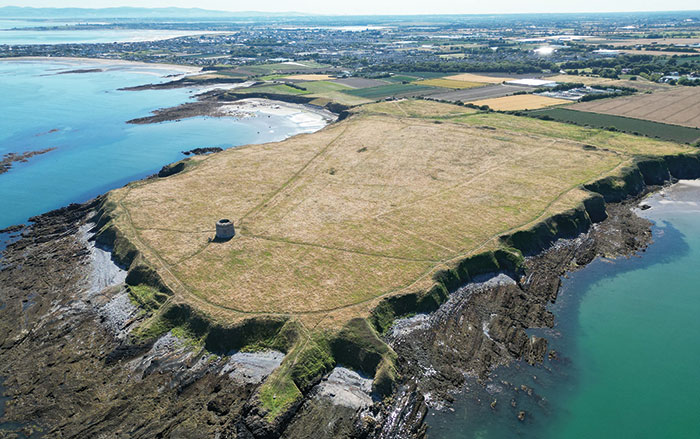
-
Features September/October 2022
1,000 Fathoms Down
In the Gulf of Mexico, archaeologists believe they have identified a nineteenth-century whaling ship crewed by a diverse group of New Englanders
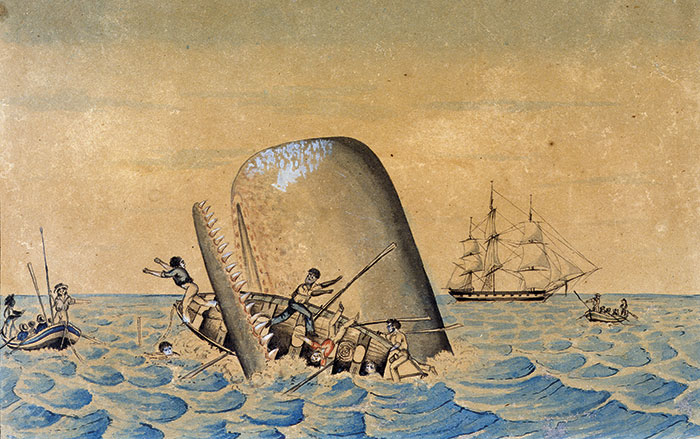 (Courtesy the New Bedford Whaling Museum)
(Courtesy the New Bedford Whaling Museum) -
Letter from Germany September/October 2022
Berlin's Medieval Origins
In the midst of modern construction, archaeologists search for evidence of the city’s earliest days
 (Courtesy Landesdenkmalamt Berlin/Michael Malliaris)
(Courtesy Landesdenkmalamt Berlin/Michael Malliaris) -
Artifacts September/October 2022
Nordic Bronze Age Figurine
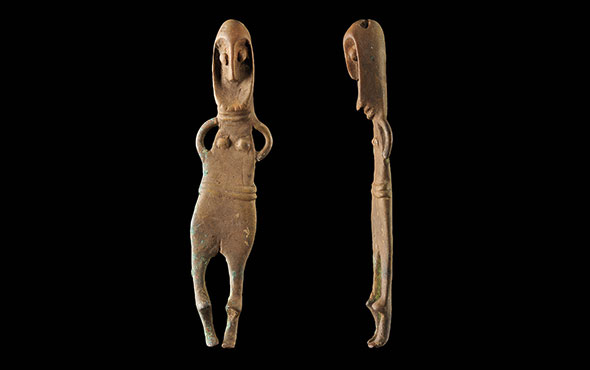 (Courtesy Thomas Terberger)
(Courtesy Thomas Terberger) -
Digs & Discoveries September/October 2022
The Case of Tut's Missing Collar
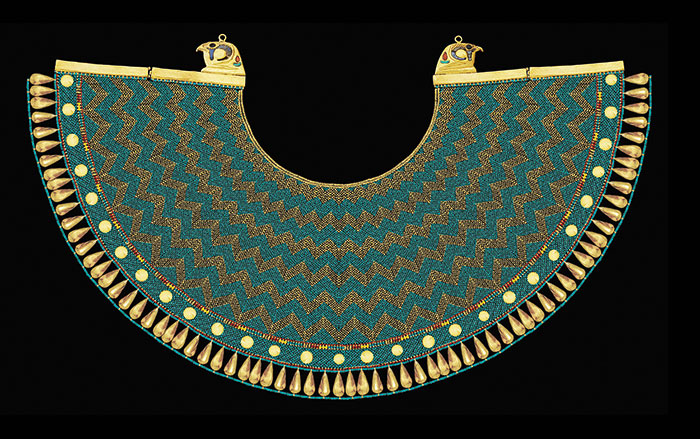 (Courtesy Marc Gabolde)
(Courtesy Marc Gabolde)


